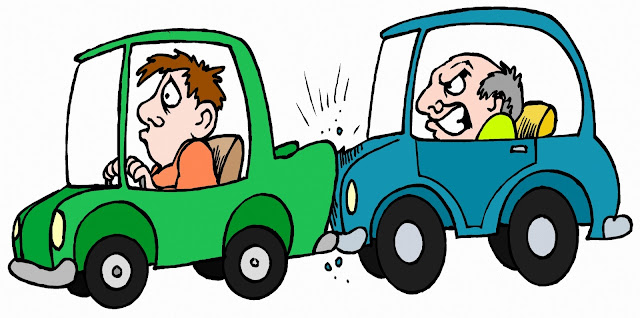Navigating through a Chapter of Accidents: Understanding the Idiom and its Implications

For example: "Despite the chapter of accidents, I decided to not let it defeat me. I took a step back and reevaluated my situation and came up with new strategies to tackle the challenges. I realized that every obstacle is an opportunity to learn, grow and become stronger. I am determined to come out of this chapter of accidents as a better and more resilient person."
Here are 10 more examples of how the idiomatic phrase ''a chapter of accidents'' can be used in sentences:
- It seemed like every time we tried to plan a vacation, a chapter of accidents would happen and we'd have to cancel.
- Losing my job, getting in a car accident, and then getting sick was just a chapter of accidents that left me feeling pretty down.
- The company's merger was supposed to be a good thing, but it turned into a chapter of accidents with delays and budget overruns.
- After a chapter of accidents, including a broken leg and a stolen bike, I decided to take a break from my training for the marathon.
- I thought buying a fixer-upper would be fun, but it turned into a chapter of accidents with one problem after another.
- It was a chapter of accidents that led to the downfall of the company, from mismanagement to embezzlement.
- The concert was supposed to be a success, but it turned into a chapter of accidents with technical difficulties and poor ticket sales.
- I thought my new job would be a great opportunity, but it turned into a chapter of accidents with a difficult boss and unrealistic expectations.
- It was a chapter of accidents that led to the failure of the project, from lack of communication to budget constraints.
- I thought moving to the city would be an adventure, but it turned into a chapter of accidents with high rent and a noisy neighborhood.
The idiomatic expression "a chapter of accidents" refers to a series of unexpected or unfortunate events that may appear to be connected or part of a larger pattern. It is often used to describe a situation in which a series of negative events occur in quick succession. The examples provided illustrate how this expression can be used in different contexts to convey a sense of a chain of misfortunes. It's important to note that, although these chain of events may seem overwhelming, it's important to not give up and look for ways to learn, grow and become stronger.
